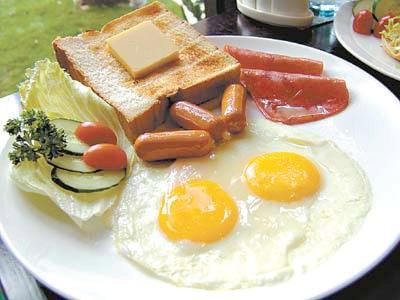What Is Really for Breakfast?
Breakfast cereals are a constant in our culture, and nearly every pantry has some form on the shelf. The colorful box, designed to catch the eye as you walk down the aisle, and the sealed plastic bag inside, filled with marketed and processed grains to give you the nutrition and energy needed to begin your day, or perhaps for that 12-hour video game marathon. What you probably didn’t know, however, was that that processed breakfast cereal on your shelf is a manufactured product, and much less nutritional than you think.
Processed Breakfast Cereals
Even if you believe your packaged cereals bought at a health food store are better for you, you would be wrong. They go through the same process as the colorful junk marketed to kids in dedicated aisles in the supermarket. There may not be as many additives as commercial brands, but the process of preparing it for consumption is the same, with the same results. Harvested grains go through the same process no matter what product they are going to be added to. Extrusion is a process where the grains are run through machines with high heat as a catalyst, effectively doing several things at once. You can think of it as filtration or perhaps even better, sterilization. The heat destroys all biological nutrients inherent in the grain, including fatty acids which lessen the shelf life of foods. This allows for the supportive additives in preservation to be added. The extrusion process also destroys any nutritional value of the foodstuff, requiring more additives to make the grain worth eating.
Color additives are then infused with the lifeless product in order to meet proven marketing standards. Breakfast cereals should either look colorful and wild with hues far beyond the realm of natural occurrence or be brought to a color degree making them appear healthy. A good example is colorizing wheat to a toasty brown – this isn’t done through a regulated baking process, but rather through food coloring to give an illusion of healthy.
Why Is Breakfast Cereals Processed
It comes down to supply and demand, where extended shelf life is required in order to keep production costs down. Consumers want convenience and reliability in their products, and buying for same-day use simply isn’t practical or economical for most people. Cereal manufacturers need to produce in bulk in order to make the purchases make sense.

